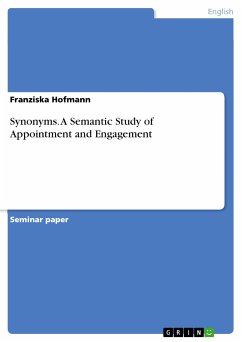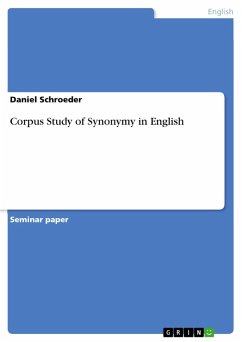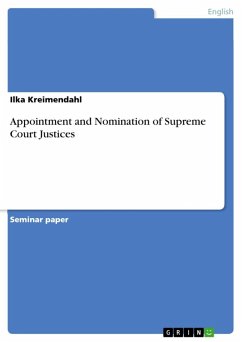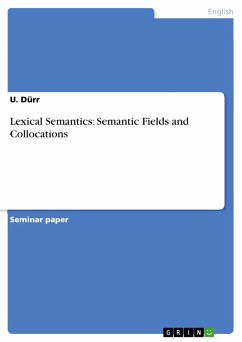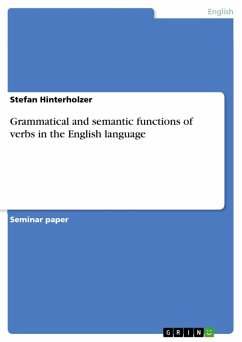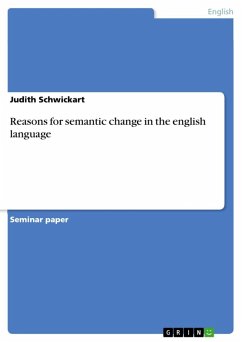Seminar paper from the year 2009 in the subject English Language and Literature Studies - Linguistics, grade: 2,7, University of Leipzig, language: English, abstract: (1)I´m on my way to an engagement. (Merriam-Webster 1984: 289) (2)I´m on my way to an appointment. (Merriam-Webster 1984: 290) In most of the existing languages we can find words, which sound different but have identical meanings. These words are called synonyms. The word synonym comes from Ancient Greek syn meaning ‘with’ and onoma meaning ‘name’. But can two words really have exactly the same meaning? Fromkin et al. does not agree with this definition, he states that no two words ever have exactly the same meaning even if they are synonyms (2003:181). Therefore synonyms are words carrying nearly similar meanings and whose usage is bound to the context. This means that one has to be careful in choosing a word; it might not carry the same meaning as the writer intended. Translation often causes irritation about which of the words fits better in a specific sentence. Especially the non-native speakers have a lot of problems in deciding which of the words is more suitable to use in a certain context and they have to face the question if any one of these words is suitable in any context. But also native speaker are not always sure about the correct use of two synonymous words. Appointment and engagement are two words with a similar sense to the common mind and share many semantic properties. In the thesaurus both words are said to be synonymous and when applying the definition above, we may agree with it. But do appointment and engagement really have exactly the same meaning? In this essay I want to work out the differences and similarities of the words appointment and engagement and if they can be considered synonymous anyway. Therefore I will have a closer look at their definition in different dictionaries and a questionnaire distributed to native speakers will be analyzed. Furthermore, a comparative analysis will be brought out, based on a corpus study of the two nouns. This analysis will be limited to their frequency and their collocates. Throughout the essay both words will be italicized and the complete results can be found in the appendix.
